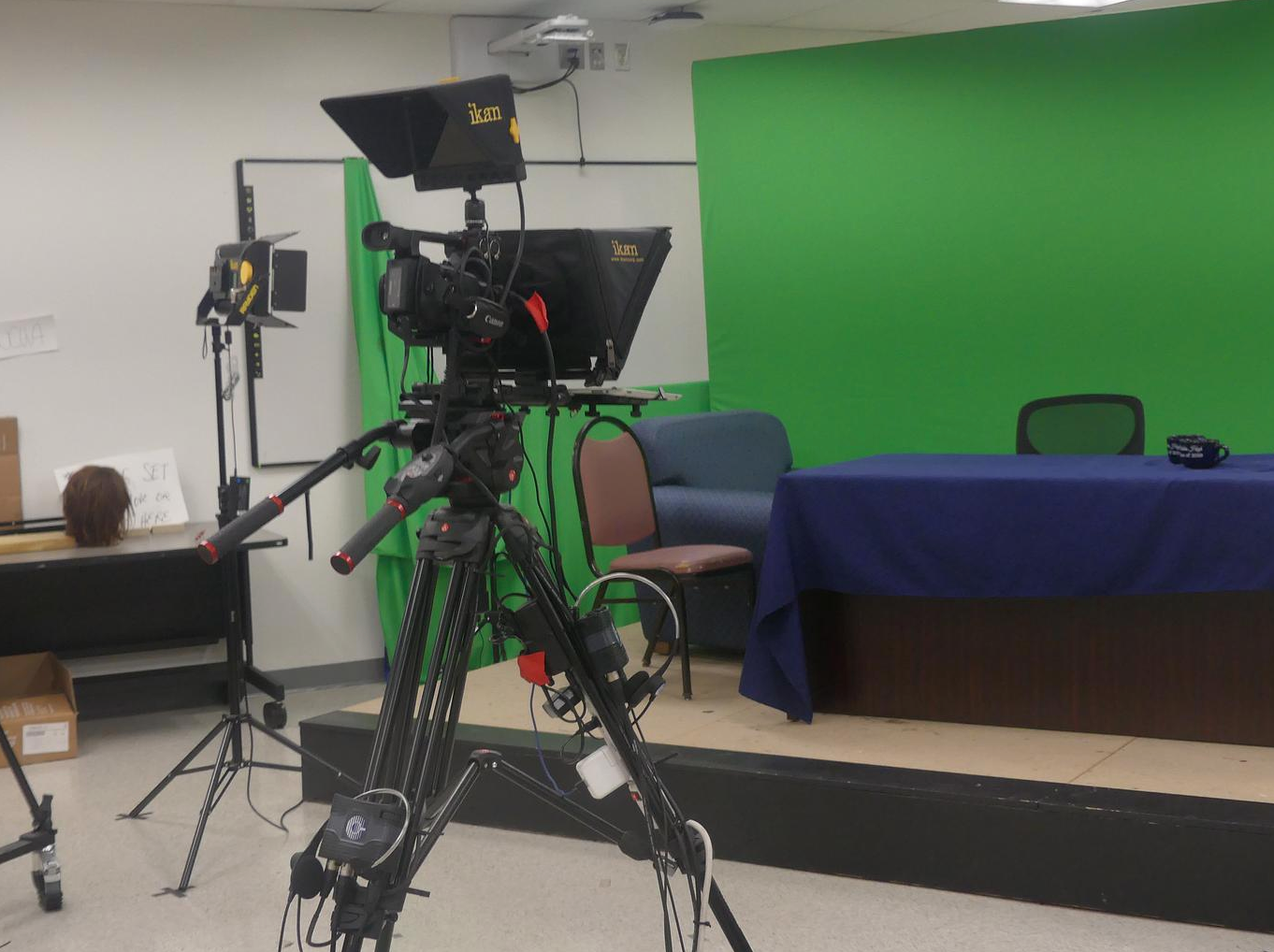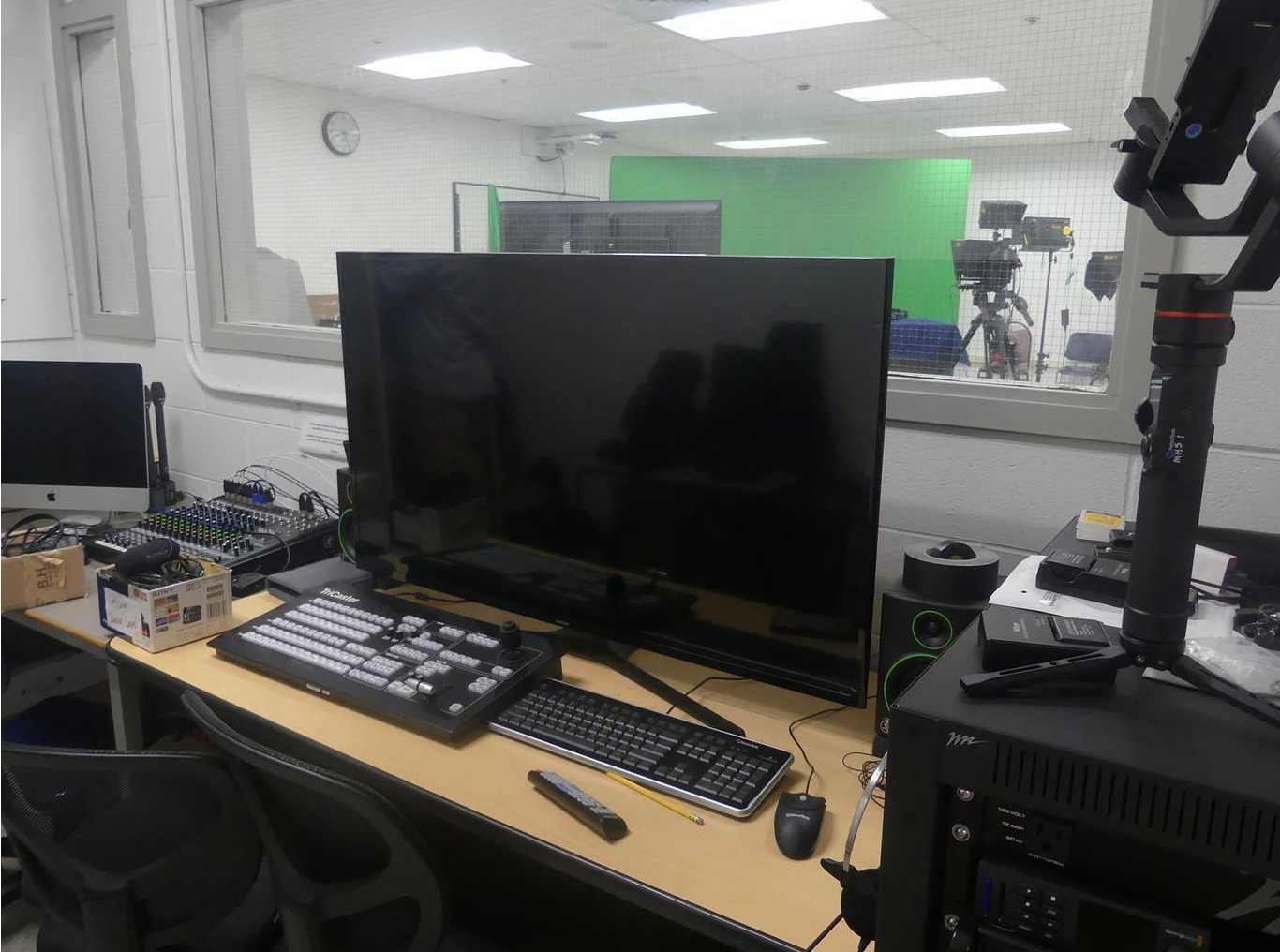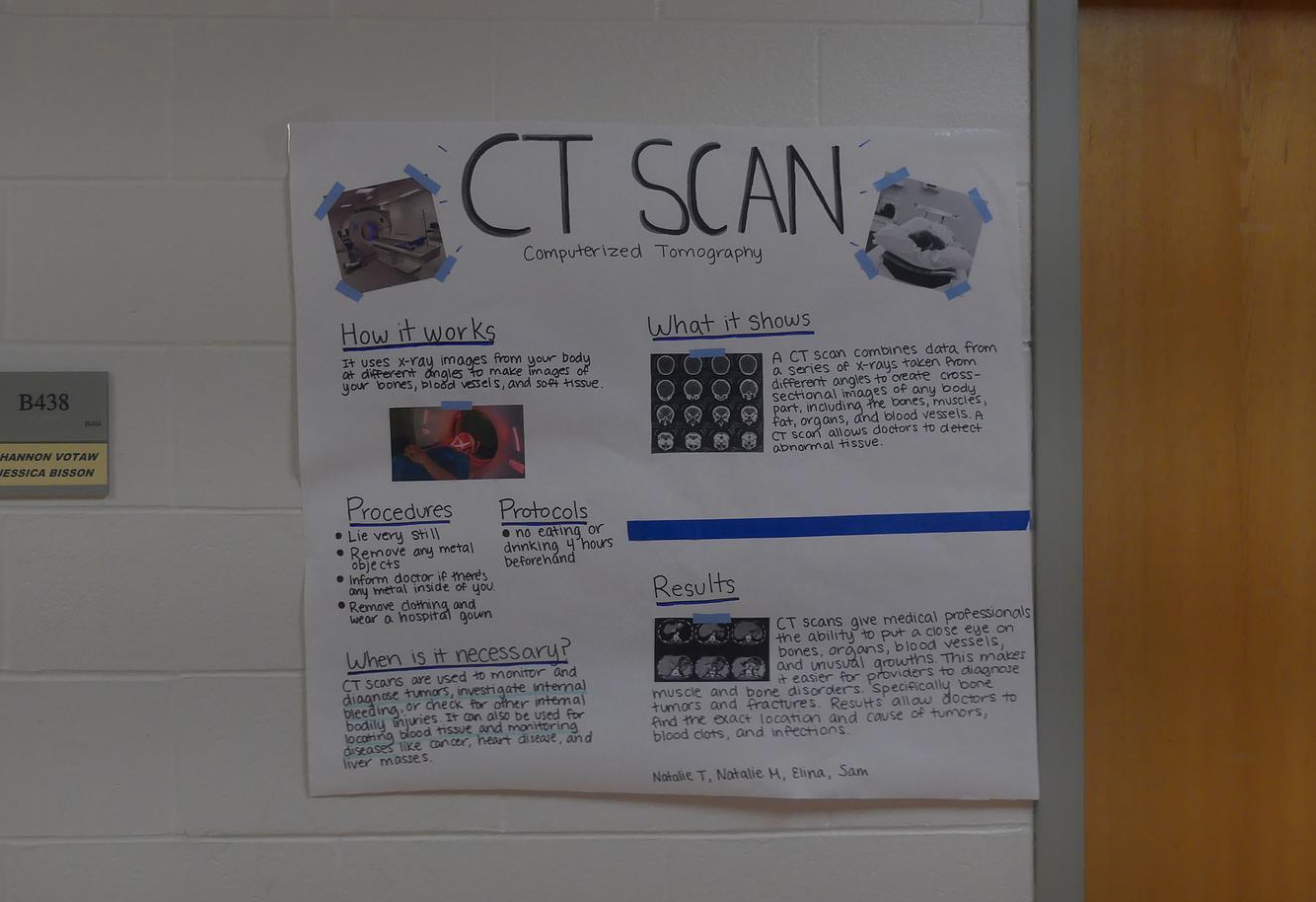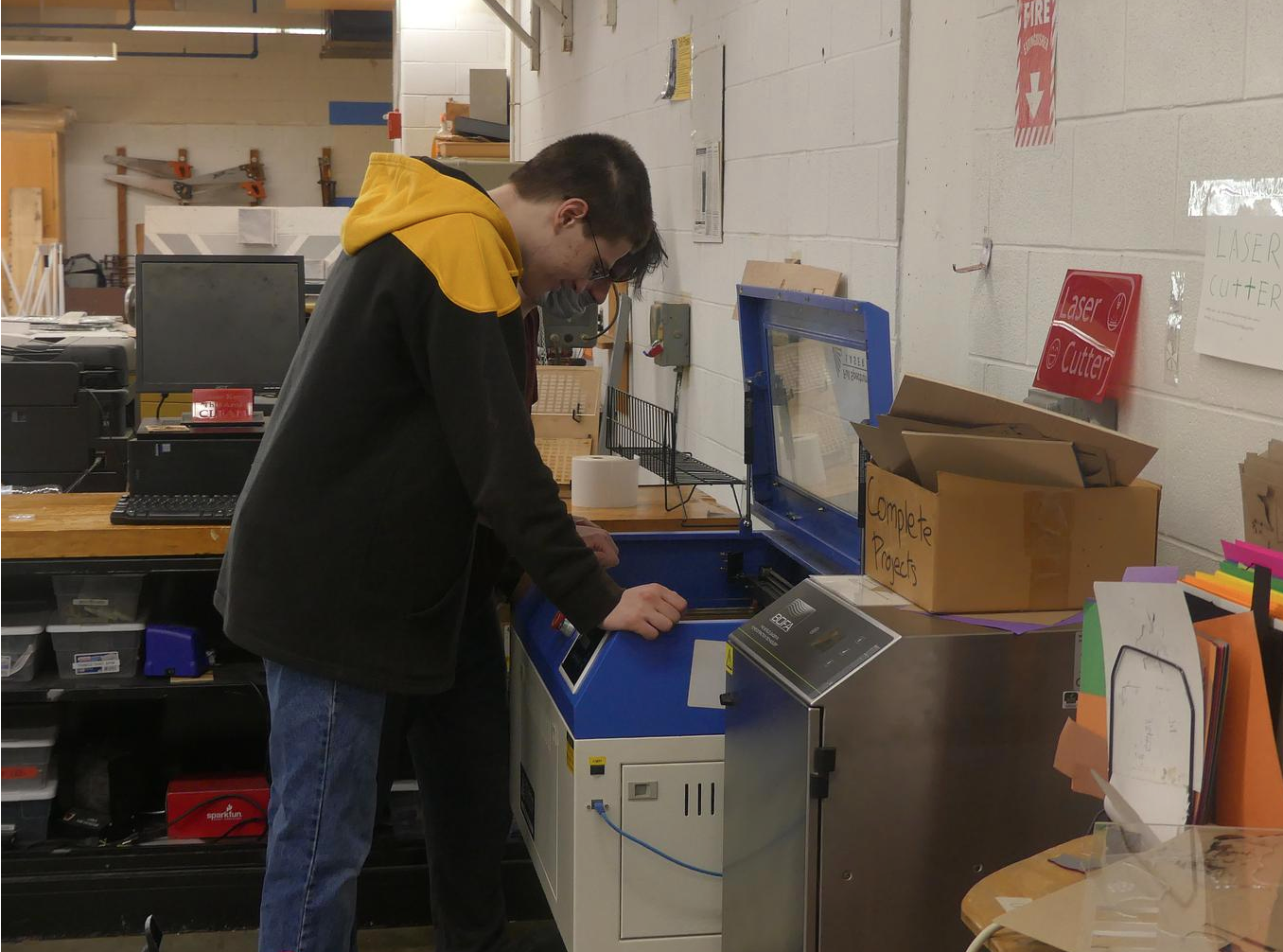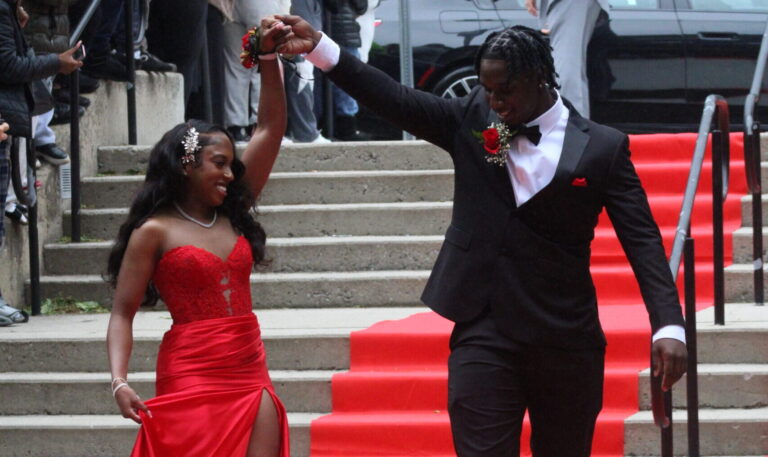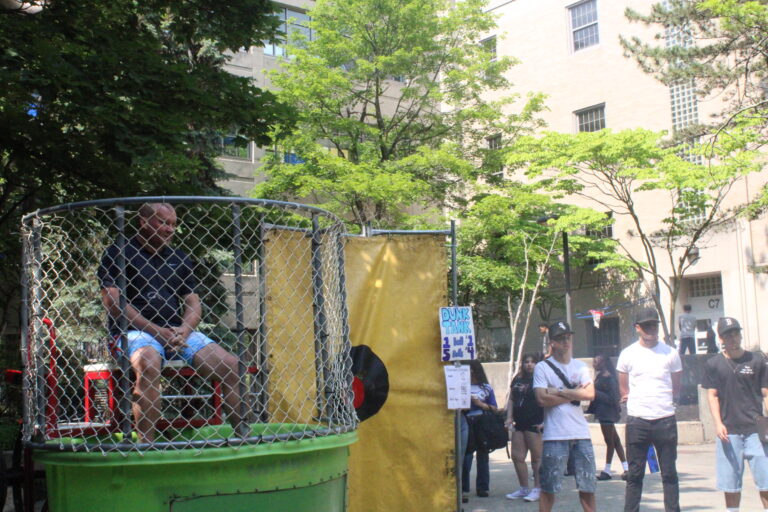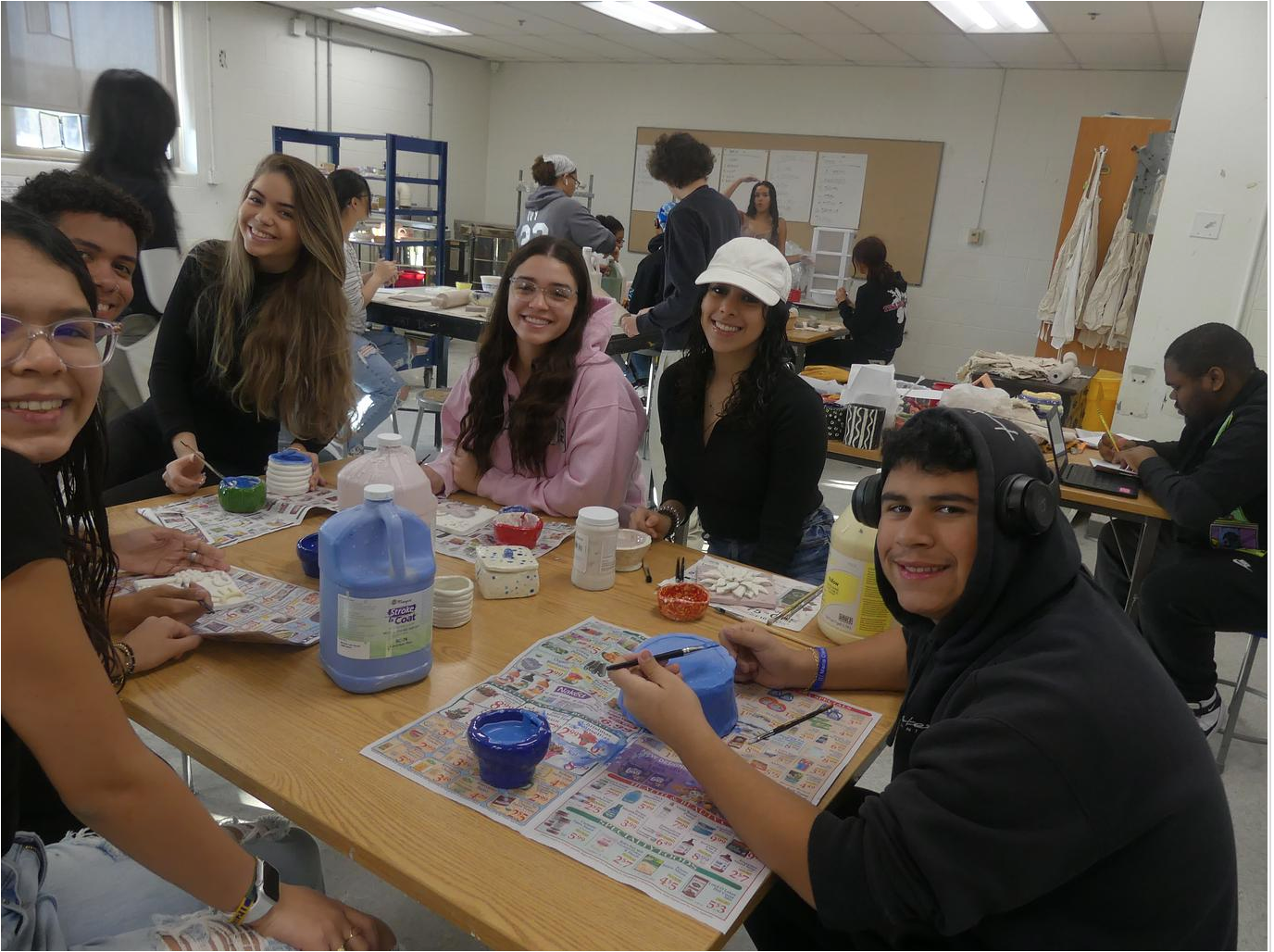

All photos by Jenayah Moreno.
The elective offerings at Malden High have continued to grow stronger. The courses are filled with variety with so many teachers loving what they do. There has been one addition to the district this year with Gerard Tannetta, who is the new director of the social studies and fine arts departments.
Tannetta finds joy in directing the elective and history courses and finds them both intriguing. One of Tannetta’s favorite offerings at Malden High is an after school activity, the Speech and Debate Club.
As for an actual class, he loves Mock Trial, taught by Richard Tivnan. Tannetta finds it interesting to see students debate back and forth on a topic. “That’s a very fun elective where students take on roles of prosecutors or defenders. They get a very specific case that they need to study and they actually compete against other schools, so that’s a really fun one to watch,” Tannetta said.
One thing that’s tricky about electives is the process of making a new one. Tannetta described how it’s a very long process and that there are multiple steps to it. The first step is usually a teacher who is interested in teaching the subject. Then it has to be passed by the administration. However, to be passed by administration, things that need to be taken into account are funding and the chances of students being interested. The last step is setting up a trial version of the elective and seeing if enough students sign up. Tannetta says this is one of the biggest hurdles.
This year Julie Mullane’s is teaching a full load of five classes of ceramics at MHS and she has started the year off strong. Teaching ceramics can be a difficult subject to teach since it’s something you can’t really explain but you have to show in order for the kids to learn.
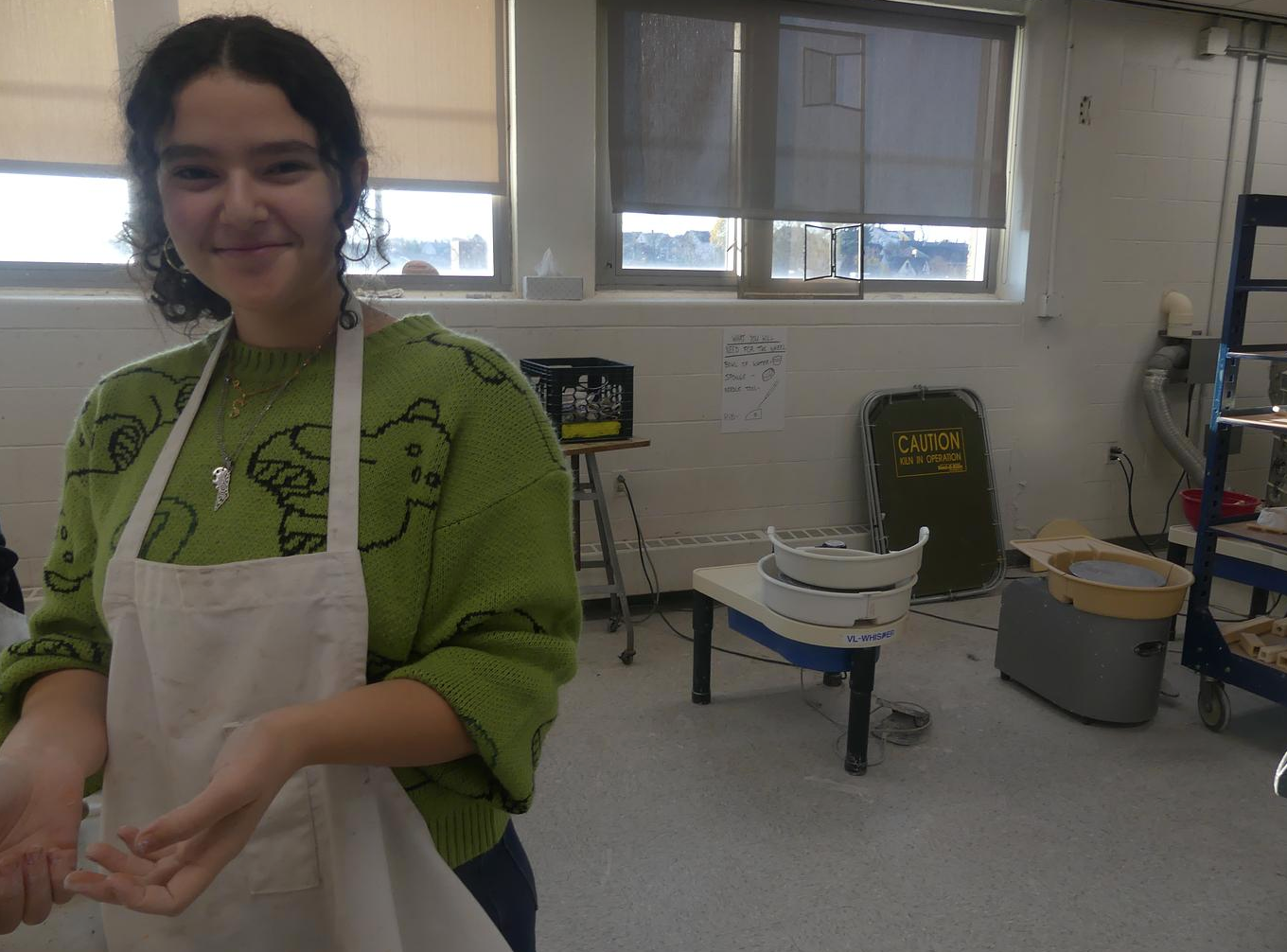
When asked what her strategy is, Mullane said she liked to show her class examples from past students and even some pieces that she has made herself.
“I could explain something to you forever but once I hold it up and show you, it just clicks so it’s so much easier,” Mullane explained. She also says that kids tend to come to her class excited but can get discouraged by seeing how messy the elective can be.
To get them motivated again she suggests waiting till the clay dries, so the students can carve intricate designs in the clay instead. Mullane says “sometimes there are different avenues you can take so when the clay gets a little bit hard it’s not really super muddy anymore and you can carve it a little bit cleaner.”
On the fourth floor of Holland many spot a wall with long, lengthy whiteboards hanging. These whiteboards belong to Paul Marques and his computer science classes. Marques’ walls are covered in different coding steps, tips, and projects.
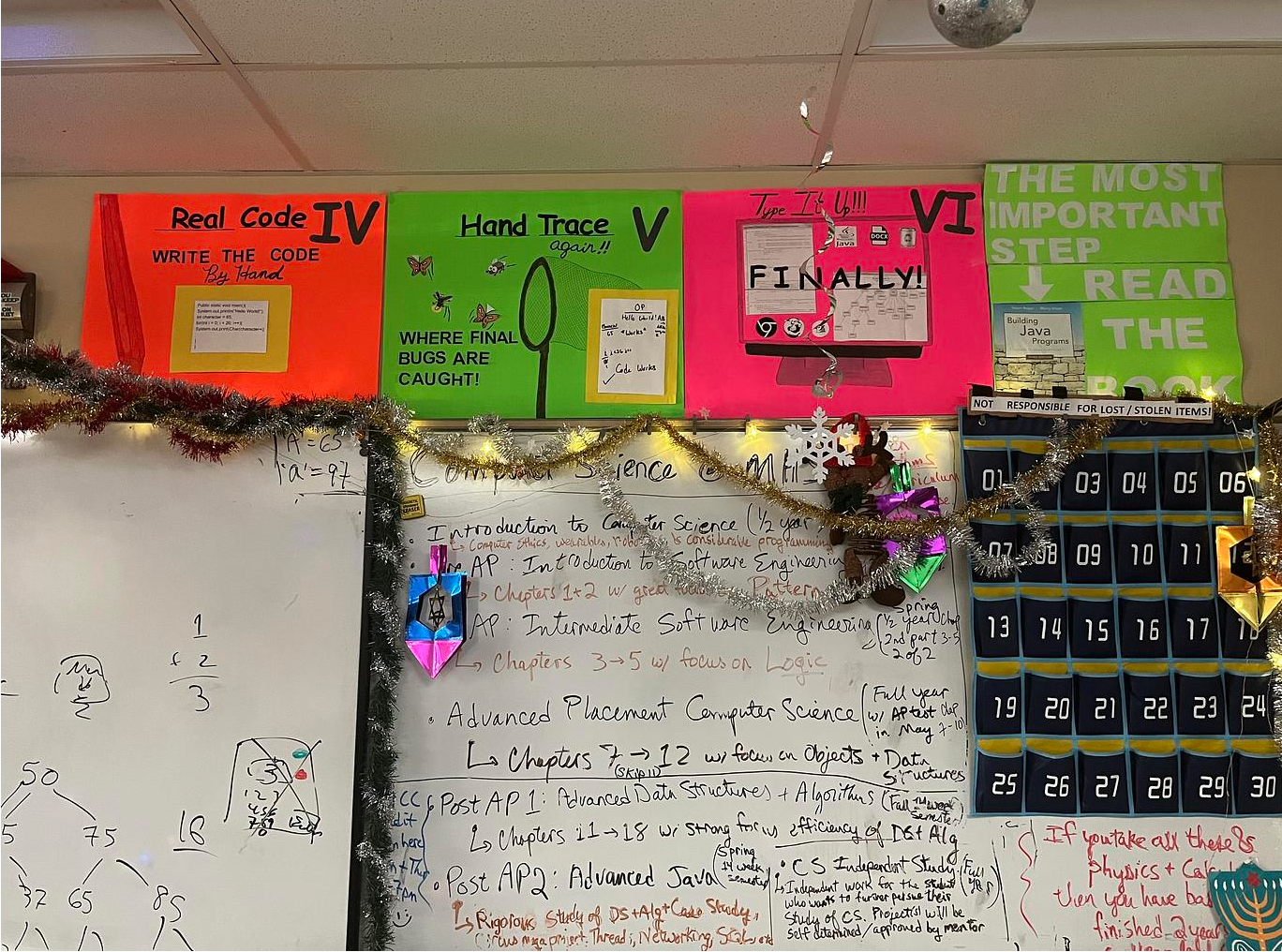
Marques explains that coding is not about the computers doing something but is actually something more. Coding is when you tell the computer what to do and mostly how you tell the computer what to do.
Marques says the most important step is step zero which is understanding and perfecting the algorithms which is essentially the language of computer science. He says if you can do that you will be very successful with your coding in the future.
Marques’s favorite part of being a teacher is seeing his students grow from freshman year all the way to senior year. “Watching them go from not really knowing anything from the beginning part to the finale,“ make Marques feels so proud, “I still remember day one.”

